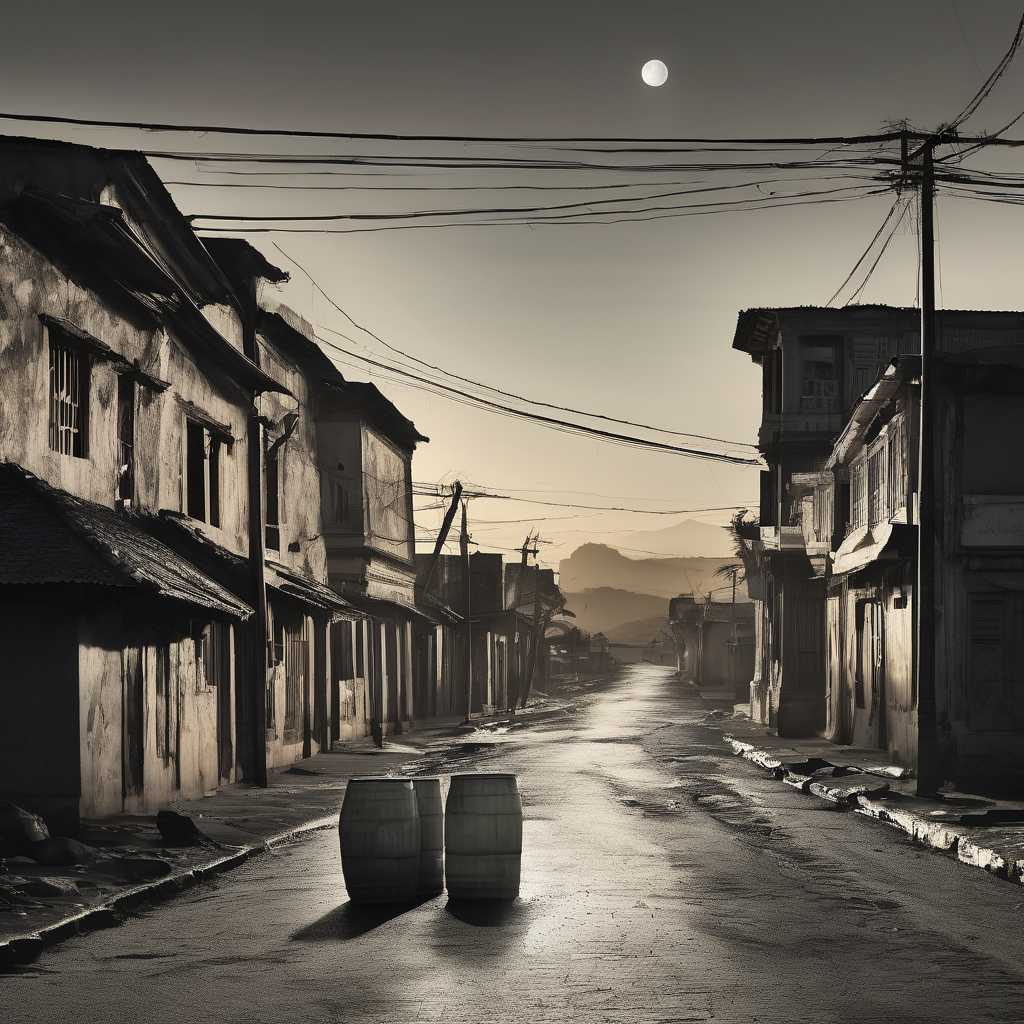In Madagascar, authorities have implemented a dusk-to-dawn curfew in the capital, Antananarivo, following escalated protests that turned violent. The protestors, largely comprised of youths, demonstrated against frequent power outages and water shortages, demanding improved infrastructure and services from the government. The unrest led to police intervention with teargas, as the demonstrators openly challenged a ban on such public gatherings.
The curfew, which runs from 7 p.m. to 5 a.m., was enforced to maintain public order. General Angelo Ravelonarivo, a security official, stated that this measure aims to protect people and property amidst unrest. Amidst the protest, significant damage occurred, including the looting and burning of a large shopping mall and vandalism of residences belonging to lawmakers.
President Andry Rajoelina’s administration, re-elected in 2023, faces growing dissatisfaction as citizens continue to cope with poverty and inadequate public services. Despite warnings from national police forces, the protests continued, eventually spreading to different neighborhoods in the capital. The ongoing unrest in Madagascar echoes similar protests in other regions, such as Kenya and Indonesia, where citizens have voiced grievances against government policies or insufficient public services, often resulting in clashes with security forces.
These incidents highlight a common thread of civic frustration across several countries, with citizens demanding better governance and accountability. Such widespread protests illustrate the vital role of government responsiveness and the impact of socio-economic issues on national stability. Amid the challenges, there’s optimism that continued civic engagement and dialogue can foster necessary reforms and solutions to improve living conditions.
